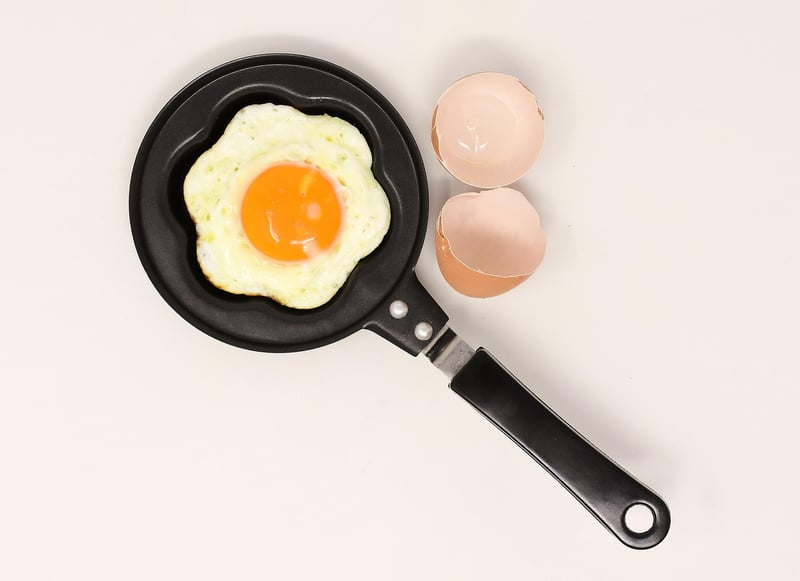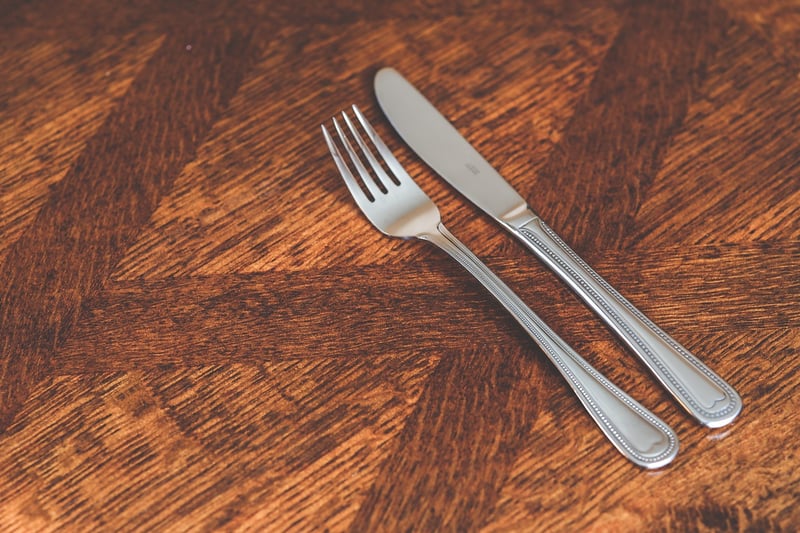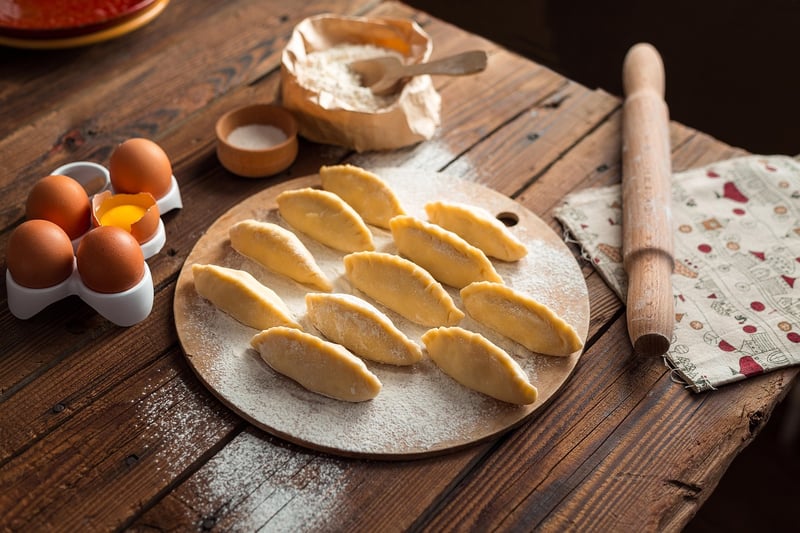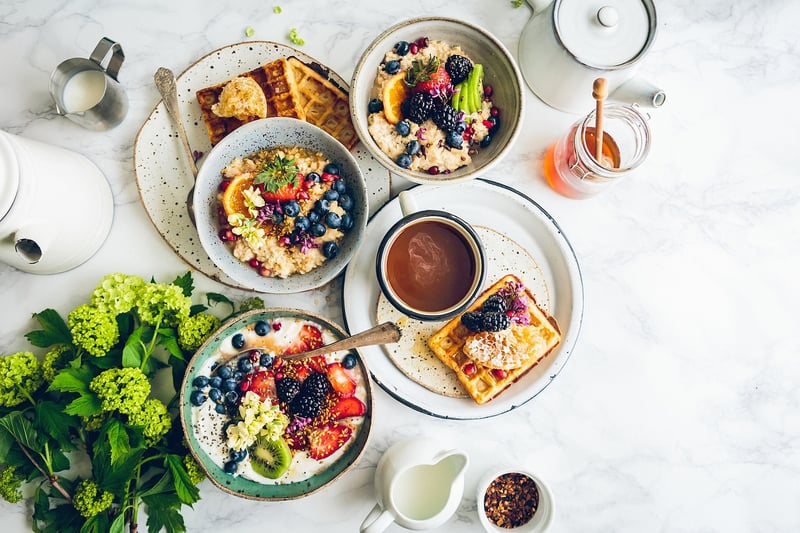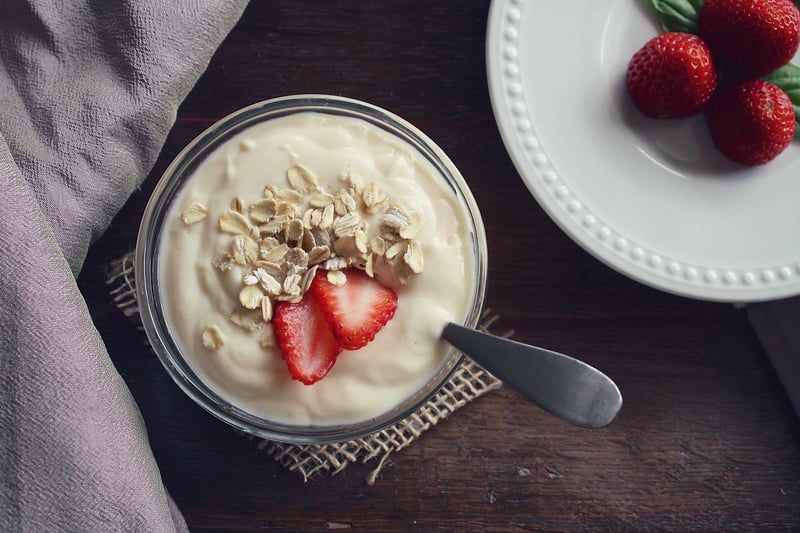Dairy and Alternatives
Essential Components for Cooking
Cooking is an art that requires the right tools and ingredients to create delicious dishes. Whether you're a beginner or a seasoned chef, having the essential components in your kitchen can make the cooking process more efficient and enjoyable. From basic tools to key ingredients, here are some essential components for cooking:
1. Cookware
Having the right cookware is essential for preparing a variety of dishes. Invest in high-quality pots and pans, including a non-stick skillet, saucepan, and stockpot. A baking sheet, casserole dish, and Dutch oven are also versatile pieces to have in your kitchen.
2. Knives
A set of sharp knives is crucial for cutting, chopping, and slicing ingredients with precision. Invest in a chef's knife, paring knife, and serrated knife for different cutting tasks. Keeping your knives sharp is important for safe and efficient cooking.
3. Utensils
Utensils such as spatulas, tongs, wooden spoons, and whisks are essential for cooking and baking. Having a variety of utensils on hand can help you tackle different recipes with ease.
4. Cutting Boards
Use separate cutting boards for meat, poultry, fish, and vegetables to prevent cross-contamination. Opt for cutting boards made of wood or plastic that are easy to clean and maintain.
5. Key Ingredients
Stocking your pantry with key ingredients can help you whip up delicious meals in no time. Essentials like olive oil, salt, pepper, herbs, spices, flour, sugar, and vinegar are must-haves for cooking a variety of dishes.
Dairy and Alternatives
Dairy products and their alternatives play a vital role in cooking and baking, providing richness, flavor, and texture to dishes. Whether you're lactose intolerant, vegan, or simply looking to explore new ingredients, here are some dairy and non-dairy options to consider:
1. Milk
Cow's milk is a common dairy product used in cooking and baking. However, if you're looking for non-dairy alternatives, consider using almond milk, soy milk, coconut milk, or oat milk as substitutes.
2. Butter
Butter adds richness and flavor to dishes, but if you're avoiding dairy, opt for plant-based alternatives like vegan butter or margarine made from oils like coconut or olive oil.
3. Cheese
Cheese is a versatile ingredient used in various cuisines. Explore dairy-free options such as nut-based cheeses, soy-based cheeses, or vegan cheese made from ingredients like tapioca starch and nutritional yeast.
4. Yogurt
Yogurt is a popular dairy product that can be replaced with coconut milk yogurt, almond milk yogurt, or soy yogurt for a non-dairy alternative in recipes.
5. Cream
Heavy cream and sour cream are common dairy ingredients in cooking. For dairy-free options, try coconut cream, cashew cream, or tofu-based cream substitutes.
Experimenting with different dairy and non-dairy options can add a new dimension to your cooking and baking, allowing you to create flavorful dishes that cater to various dietary preferences and restrictions.
